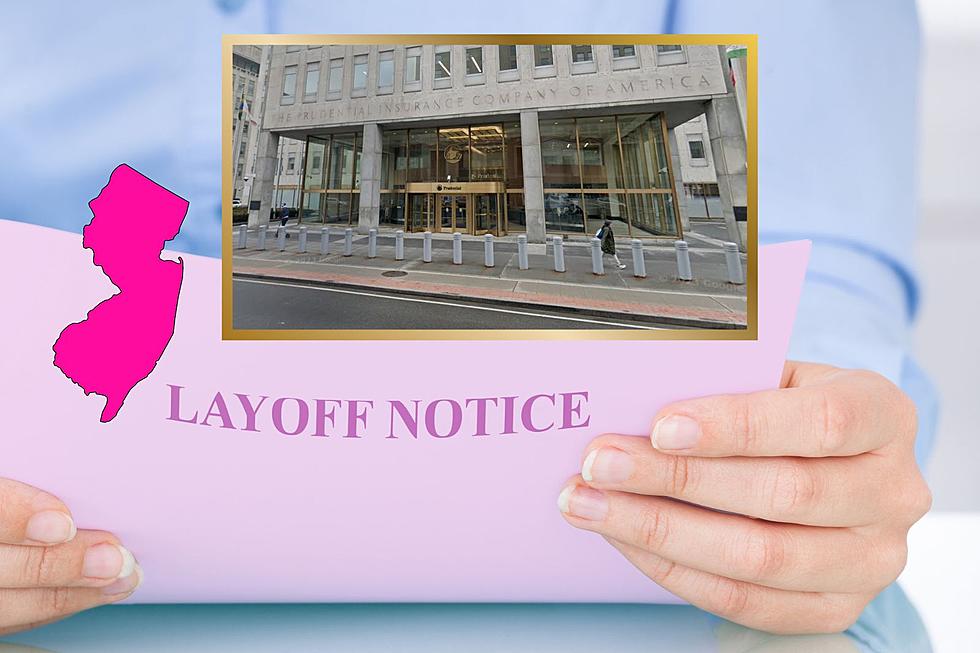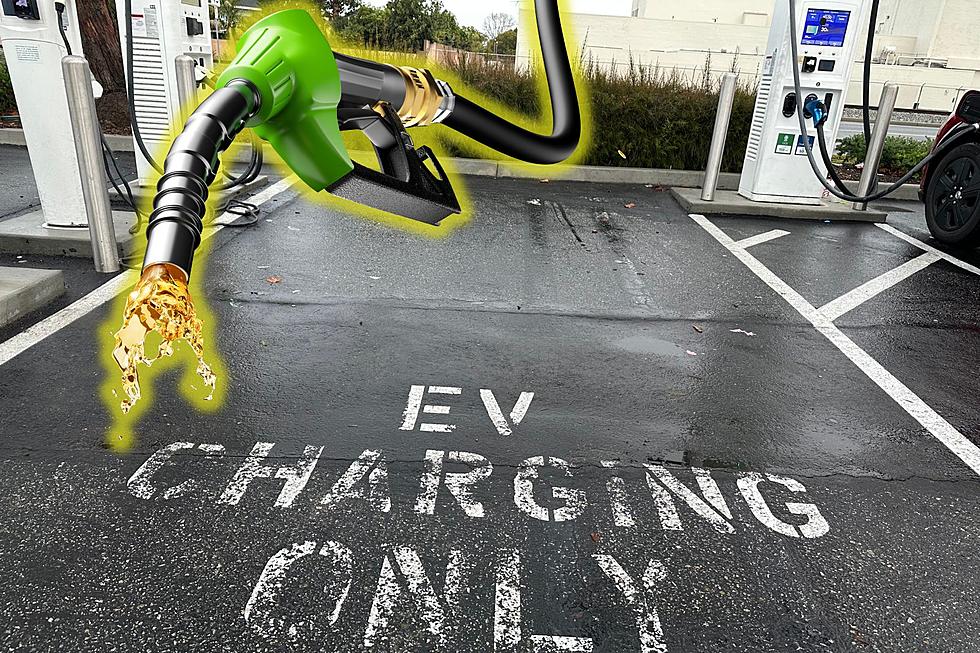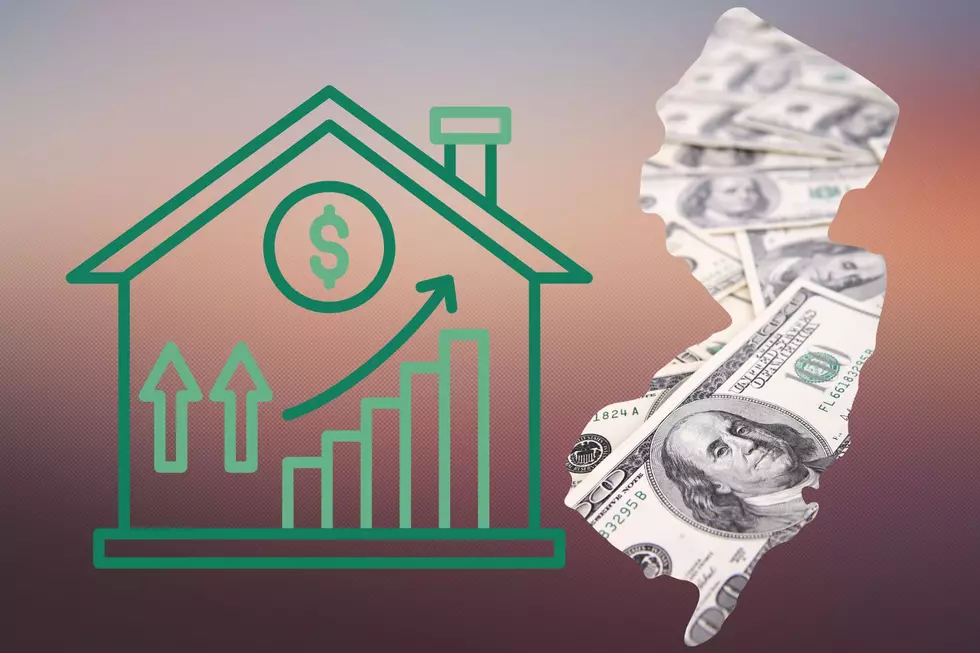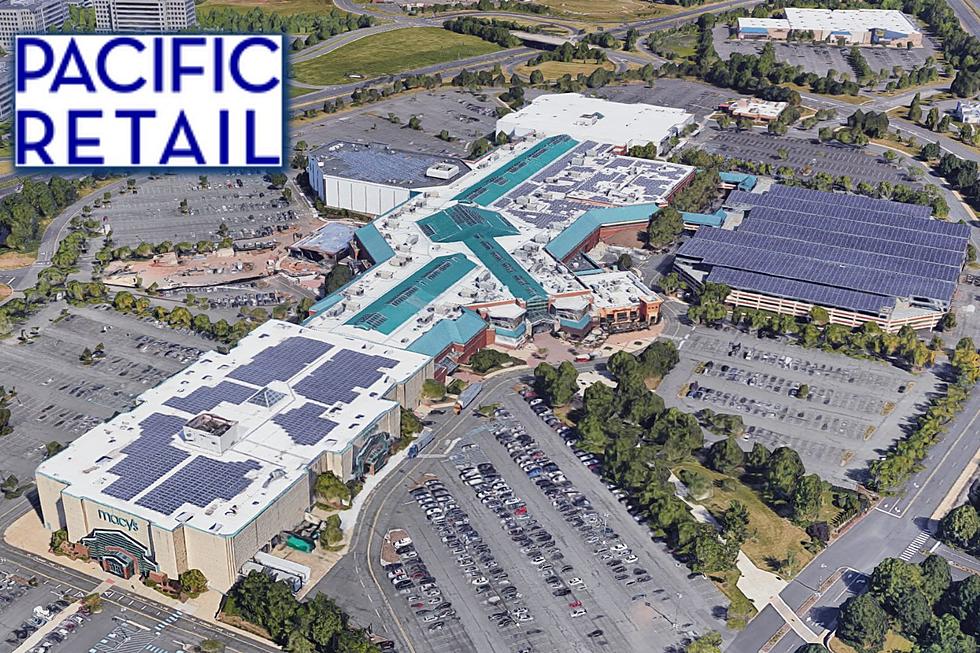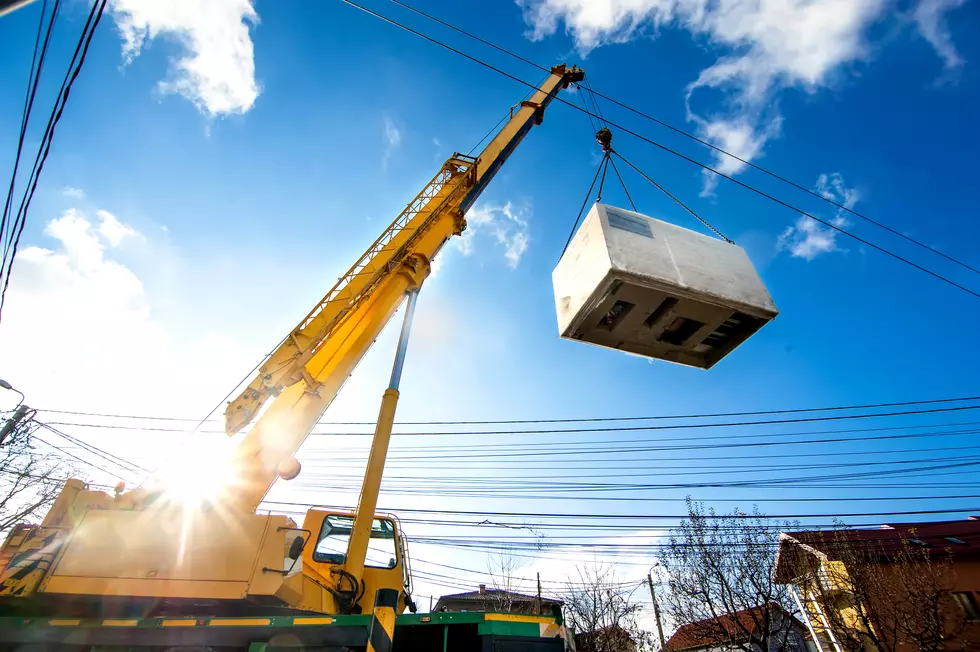
Expect slow & steady growth: What’s holding back NJ economy?
As we head into the second half of the year, the New Jersey economy continues to move in a positive direction— but just barely.
“We’ve been growing slowly but steadily," said James Hughes, an economics professor at Rutgers University. "This is now a pattern that’s been in effect for several years.”
New Jersey is in the middle of a slow-growth region.
“We’re growing about the same pace or a little bit better than New York state and Pennsylvania, better than Connecticut and the like. Nonetheless, we’re still lagging the nation," Hughes said.
He believes this modest economic growth pattern will continue for the rest of 2019, and probably beyond. But there’s uncertainly on a number of fronts.
“What’s the future of the economic development programs and [Economic Development Authority]? The governor is trying to re-cast them to focus more on young growth industries.”
So what’s the problem here?
He said a number of industries in New Jersey continue to struggle to find qualified workers with specific skill sets, and that inhibits strong economic growth.
“We’re having difficulty attracting labor to the state. We know on our migration patterns that more people move out of New Jersey than move into it,” he said.
“And it may signal that we’re having a hard time attracting Millennials, which are really the target labor force that many corporations are focusing upon."
He said this is tied to the overall slow population growth of New Jersey compared to other states.
“That means we’re not a huge growing market, and when you’re not a growing market you don’t have the attraction of certain types of economic activity to serve the growing market.”
In states like Texas and North Carolina, with above-average population growth, there is greater demand for housing and the construction industry in those states is booming. No in Jersey, Hughes said.
He said there is a lot of economic activity around so-called "super cities" like New York and Philadelphia, and we do get a certain amount of positive economic spill-over effect from them.
“But New Jersey does not have a super city, and super cities are leading the nation in growth and that’s where the high-tech, high-knowledge, high-value added industries are tending to cluster.”
So with an older population and fewer Millennials, “it’s very, very difficult to grow fast."
Another inhibitor to growth are costs like the toll increases being considered by the Port Authority, which makes commuting expensive.
“There are a plethora of factors that are holding the state back from much stronger growth potential," Hughes said.
You can contact reporter David Matthau at David.Matthau@townsquaremedia.com
More From New Jersey 101.5 FM

